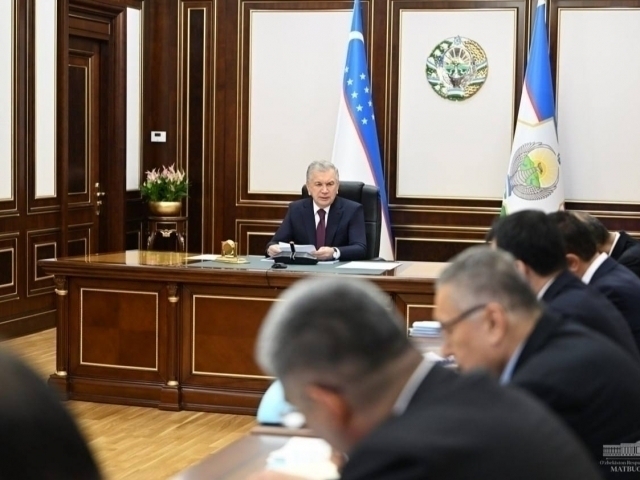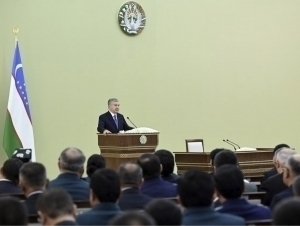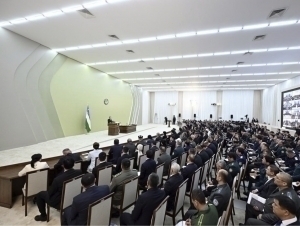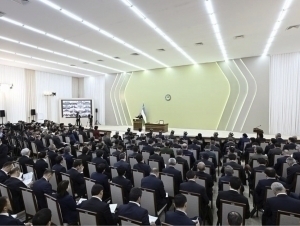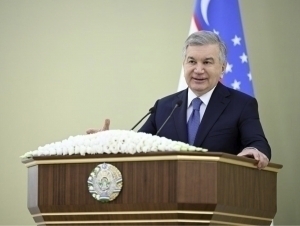Main directions of the 2025 state budget draft were announced
Local
−
17 October 2024 5779 3 minutes
Today, on October 17, during a meeting chaired by President Shavkat Mirziyoyev, the key directions of Uzbekistan's 2025 State Budget were outlined, according to the President's press service.
In accordance with the law, the draft budget and the necessary measures for its implementation will be discussed by local Councils before being submitted to the Legislative Chamber of the Oliy Majlis.
The meeting also addressed economic plans for 2025, highlighting the potential for continued gross domestic product (GDP) growth next year. To achieve this, the timely execution of planned projects and the development of key sectors such as transport logistics, information technology, agriculture, and financial services were deemed essential.
Key tasks include reviewing the effectiveness of current benefits and reducing the shadow economy. Due to new opportunities, 78 districts will be able to cover their own budget expenses next year. This is made possible by ensuring full payment of land, property, and turnover taxes, as well as retaining 50% of income tax locally.
Following the principles of a social state, the budget allocation for education and healthcare is set to increase by 20%.
Despite global economic challenges, Uzbekistan's economy has grown by 6.6%, with the industrial sector expanding by 7% over the past nine months, driven by domestic opportunities. By the end of the year, economic growth is projected to reach 6%.
For the first time, Uzbekistan's gold and currency reserves surpassed $40 billion. Additionally, deposits in the national currency increased by 50%.
Uzbekistan's stable rating has been positively evaluated by leading global rating agencies. Reflecting the growing confidence of foreign investors, Uzbekistan successfully placed $4 billion in Eurobonds on international markets.
As a result, the share of investments in GDP will exceed 33% this year, with exports expected to grow by nearly 19%.
Overall, the International Monetary Fund, World Bank, and Asian Development Bank have affirmed that Uzbekistan will continue to maintain stable economic growth, supported by active investment policies and ongoing reforms.
In light of increasing global competition and fluctuating raw material prices, it was emphasized that Uzbekistan must boost the production of high-value-added products for both industry and export. Officials were instructed to develop a three-year program aimed at improving the value chain and labor productivity across all sectors.
Discussions also focused on the country's economic and investment priorities. The President stressed that the only way to increase budget revenues without raising taxes is by enhancing tax administration. This should be achieved not through interference in businesses, but by leveraging digitalization, artificial intelligence, and reducing the shadow economy.
Special attention was given to ensuring the effective use of preferential funds from international financial organizations and other partners.
Live
All